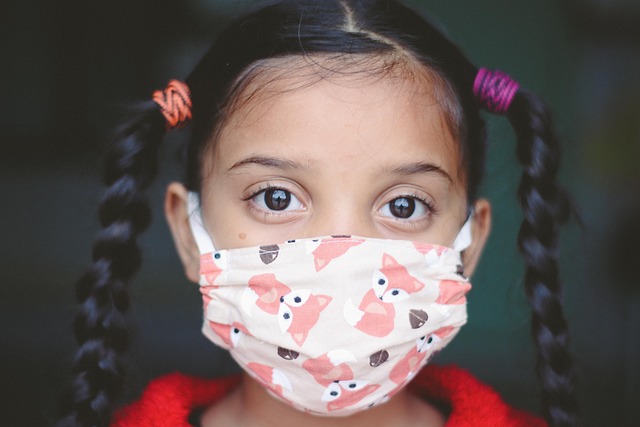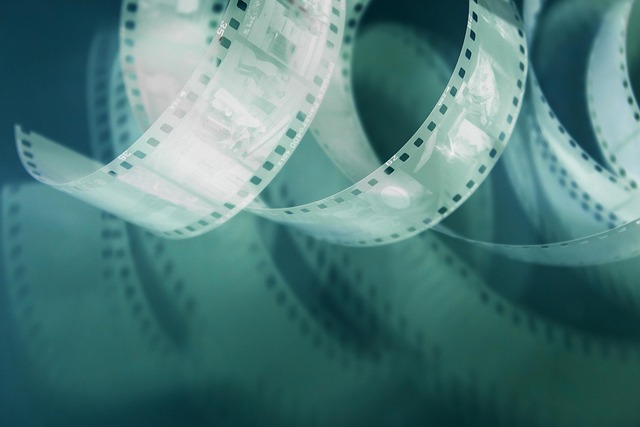When we think of masks, our minds often conjure up images of mystery and concealment. In the realms of film and music, masks serve not just as visual elements, but as potent symbols of identity, transformation, and the complexities of human emotion. The entertainment industry has a rich history of employing masks—both literal and metaphorical—to captivate audiences and convey deeper narratives.
In cinema, masks have taken on various forms, from the haunting visage of Jason in Friday the 13th” to the iconic clown makeup of Heath Ledger’s Joker in “The Dark Knight.” These characters, veiled behind their masks, reflect our innermost fears and desires, making us question what lies beneath the surface. The act of wearing a mask on screen allows characters to embody traits they wouldn’t typically express; it defies expectations and highlights the importance of the hidden aspects of our psyche. It’s a compelling way to explore duality—the good and evil that coexist within us all.
Similarly, in the music industry, artists often utilize masks and costumes to create a larger-than-life persona. Think of Daft Punk, whose robot helmets symbolize anonymity while elevating their music to a near-mythical status. At concerts and festivals, these masked performers draw crowds into a realm of fantasy, blurring the lines between reality and imagination. The mask becomes a vehicle for self-expression, allowing artists to transcend their everyday selves and connect with audiences on a deeper emotional level.
Festivals, too, embrace the concept of masks. From elaborate face paint to thematic disguises, attendees often adopt mystical personas, turning these gatherings into a celebration of creativity and freedom. In these moments, masks serve as a bridge—connecting individual identities with collective experiences. The thrill of wearing a mask at a festival allows people to temporarily shed their everyday lives, inviting a sense of liberation and unity within the crowd.
Moreover, the metaphorical implications of masks are profoundly present in both the film and music industries. Behind the scenes, artists often grapple with personal struggles while presenting a polished, public facade. The pressure to maintain an ideal image can be overwhelming, creating a dichotomy between their public and private selves. This theme resonates strongly in numerous films that explore the sacrifices and challenges faced by those in the spotlight. As audiences, we are drawn to these stories because they reflect a shared human experience—the longing to be seen and understood amidst the chaos of expectation.
In exploring masks in film and music, we uncover layers of meaning that speak to our fundamental desire for connection and comprehension. Whether they portray an escape from vulnerability or a confrontation with inner demons, masks in the entertainment industry invite us to look beyond the surface, prompting reflections on our own lives and identities. As we navigate concerts, festivals, and cinema, it’s the narratives woven through these masked interpretations that inspire and resonate. They remind us that, while we all wear masks in some form, the true essence of our being is often hidden just below the surface, waiting for the right moment to emerge.



